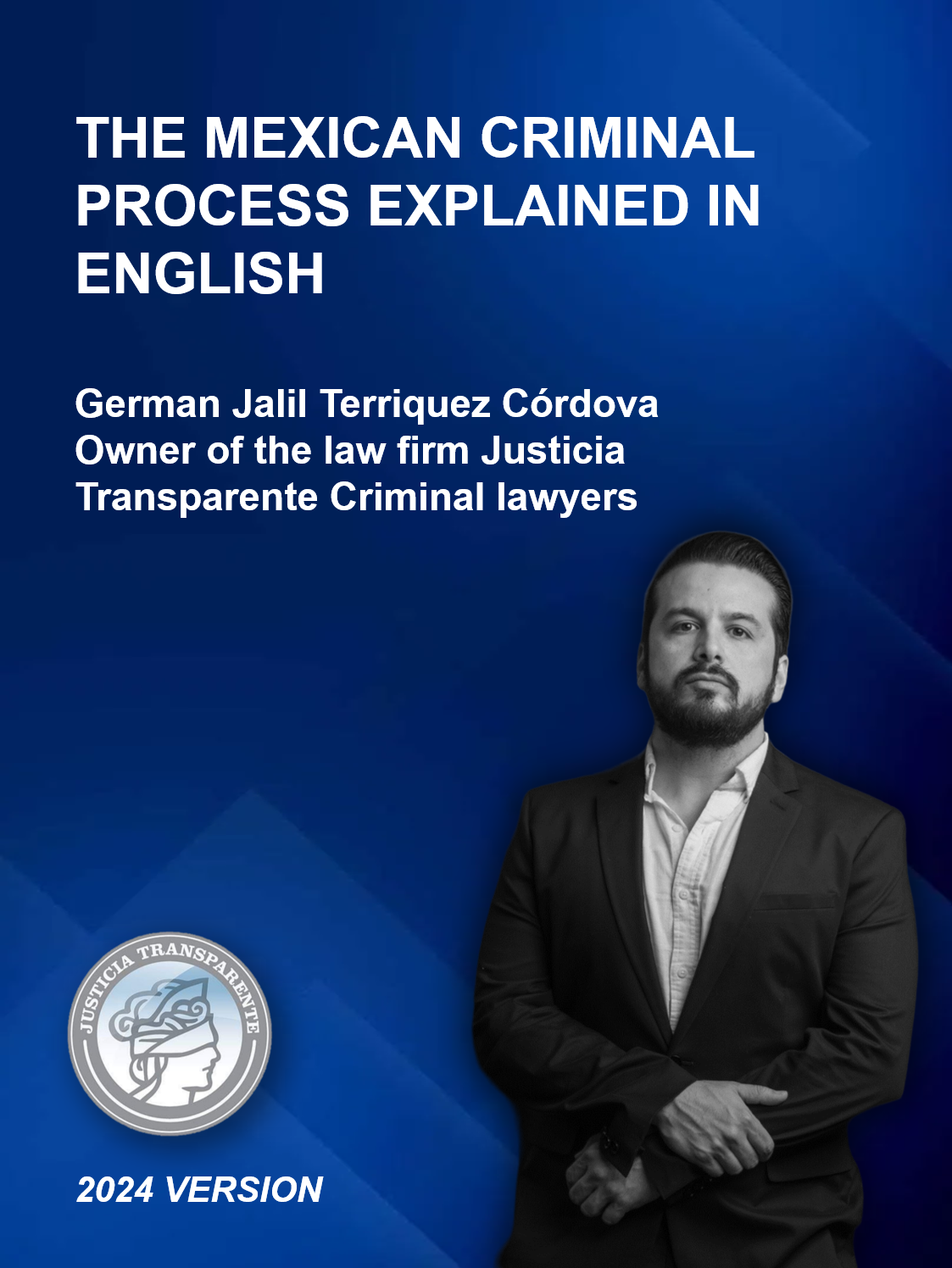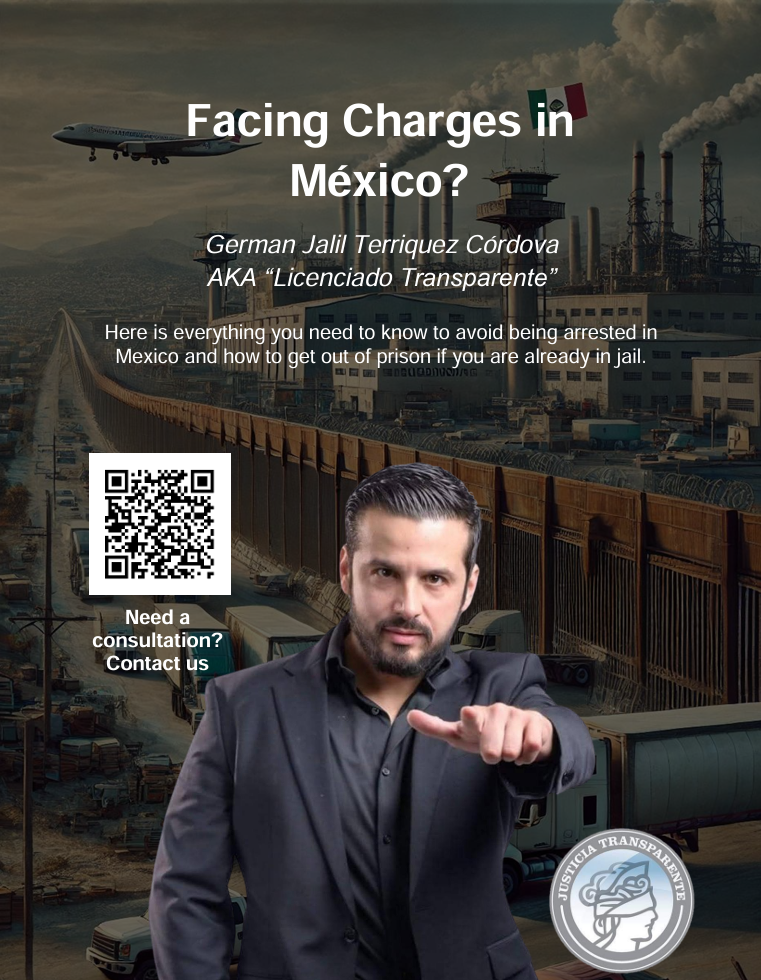Extradition can be defined as “the legal process through which one country hands over a person accused or convicted of a crime to another country that has jurisdiction over the case.” Typically, this happens when the person has committed a crime in the requesting country (the requesting state) but is located in another country (the requested state). The process is carried out based on bilateral treaties or international agreements and aims to ensure that criminals face justice where the crime was committed.
Extradition may be subject to several conditions, such as the severity of the crime, the local laws of the requested state, the possibility of the accused receiving a fair trial, and in many cases, whether the crime is considered punishable in both countries.
This process is regulated by national and international laws and can sometimes be a delicate diplomatic and political issue.
Extradition requests made by the competent federal authorities, the States of the Republic, or the local authorities of Mexico City will be processed before the Ministry of Foreign Affairs through the Office of the Attorney General of the Republic.
Accused a relative of a crime in Mexico? Do you need to know if it is a crime to bring weapons into Mexico? Do you need to know if it is a crime to bring marijuana into Mexico? The prosecutor is accusing me of having committed a crime that I did not commit? Has your loved one been in jail in Mexico for years?
If you are in one of these situations, hire an online consultation.
Do you want to avoid an arrest warrant against you in Mexico?
Here are the 10 most important things you need to know about extradition laws in Mexico.
1.To be arrested in another country, there must be an international extradition treaty with the country where you are going to be arrested.
To be extradited to Mexico, there must be an international treaty with the country where you are located. This is the list of countries that have an international treaty with Mexico.
- Brazil
- United States
- Belize
- Canada
- Costa Rica
- Chile
- El Salvador
- Nicaragua
- Peru
- Uruguay
- Guatemala
- Venezuela
- Paraguay
- Ecuador
- Panama
- Bolivia
- Argentina
- Costa Rica
- Colombia
- Cuba
- Dominican Republic
- South Korea
- India
- China
- England
- Italy
- Netherlands
- Belgium
- Spain
- France
- Portugal
- Australia.
2.You can only be extradited if the crime for which you are being investigated in Mexico also exists in the country where you reside.
Mexican criminal law is very clear in stating that you can only be extradited for a crime that also exists in that country. It is important to understand that the crime does not need to have the same name or be written in the penal codes in the exact same way; if the crime is essentially the same, it will be sufficient for extradition to proceed.
Visit our online store
One of our products can help you
3.You cannot be extradited if the criminal proceedings in Mexico have already been resolved.
If the crime in Mexico has already been resolved, either through an agreement or a resolution issued by the prosecutor or judge confirming that the crime was not committed, that you are not responsible, or that the crime can no longer be investigated for legal reasons or any other circumstance, this will serve to prevent extradition.
I will need a lawyer in Mexico to prove this situation and prevent the extradition from proceeding.
4.Extradition does not apply to political refugees.
Extradition will not be granted in any case if the person could be subject to political persecution by the requesting state, or if the person was a slave in the country where the crime was committed.
5.Extradition is applicable if you have fled to your country after being released in Mexico.
If you were released from detention in Mexico but the criminal proceedings are still open, it is common for a judge to have ordered you not to leave Mexico or to have surrendered your passport. However, if you have returned to your country without the judge’s authorization, the public prosecutor may seek your extradition to continue the criminal process.
In such cases, contact your criminal lawyer to determine how to close the criminal case and avoid extradition.
6. In Mexico, the death penalty is prohibited. Therefore, if the crime for which you are being investigated carries the death penalty in the country where you are located, you can only be punished with imprisonment in Mexico.
Article 22 of the Mexican Constitution states:”The death penalty, mutilation, infamy, branding, flogging, torture of any kind, excessive fines, confiscation of property, and any other unusual and excessive punishments are prohibited. All penalties must be proportional to the crime and the legal interest affected.”
This means that even if the country to which you are to be extradited imposes the death penalty for the crime for which you are being investigated in Mexico, the death penalty is prohibited in Mexico.
7.You have the right to defend yourself in the country where you are located to avoid extradition.
If you have been arrested in your current country under an extradition order issued by Mexico, you have the right to defend yourself with a criminal lawyer from that country to avoid extradition. Contact us to learn about our partnerships in extradition matters.
8.Interpol is not a police force that arrests individuals directly. Instead, it provides support and coordination among international law enforcement agencies to facilitate arrests and extraditions based on requests from member countries.
Interpol is an international police organization that assists with global law enforcement efforts. It facilitates the coordination and exchange of information among member countries’ authorities, but it does not have the legal authority to make arrests or execute extraditions itself. Instead, it supports national authorities in carrying out arrest warrants and extradition processes.
9.Murder, drug trafficking, and sexual crimes are among the most commonly requested for extradition.
These crimes committed in Mexico are, on average, the offenses for which the prosecutor, in collaboration with the judge, requests. an extradition order.
10.The extradition order cannot be consulted online.
You will not find an extradition request online because it is a confidential process. The prosecutor and law enforcement handle it discreetly to prevent the person being extradited from evading Interpol.
The Mexican criminal process explained in English

Facing Charges in México?.




